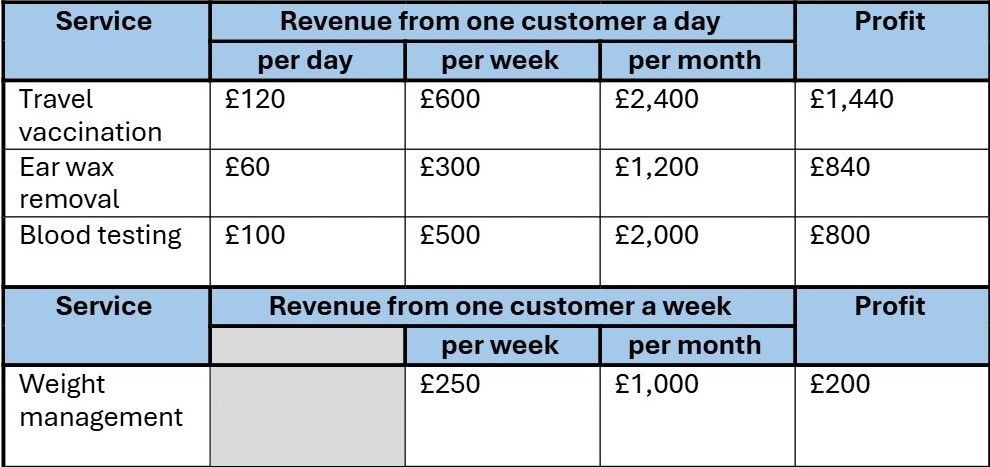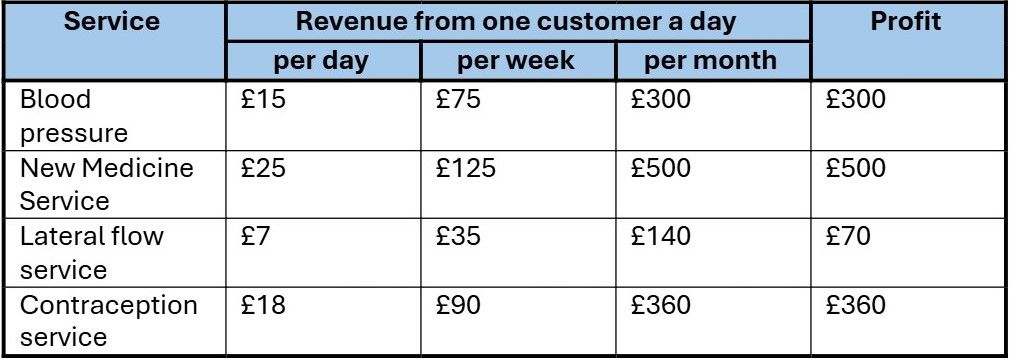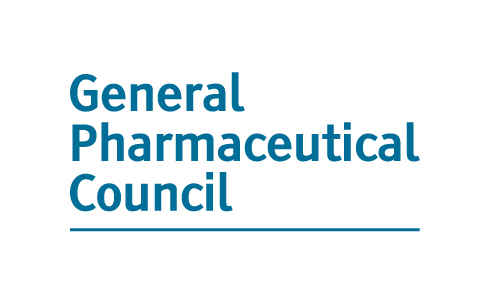Establishing private pharmacy services – is it worth it?
)
As community pharmacies across the UK face mounting financial pressures from funding cuts and rising operating costs, many are seeking new ways to sustain their businesses. With the growing demand for private healthcare due to NHS delays alongside what many consider an unsustainable remuneration for essential services, one possible route could be the expansion private services. However, with the workforce already stretched, is it really viable to take on additional services?
At the Pharmacy Show 2024, Waheedat Owodeyi, Superintendent Pharmacist at Pharmacyexprezz, delivered an insightful presentation on the value of increasing private provision, aiming to demystify some of the concerns around expanding private services. Drawing from her experience as a pharmacy owner in Great Yarmouth, Owodeyi shared practical strategies for success, emphasising why private services are essential for the modern pharmacy landscape.
You can watch to the full recording from this year’s Pharmacy Show here:
Unlocking the revenue potential of your private pharmacy services: strategies for success
Overview of session
Taking centre stage in the business theatre at the Pharmacy Show, Owodeyi focused on diversifying revenue streams by offering private services alongside traditional NHS services. The presentation primarily addressed concerns around capacity and resourcing, highlighting how private services can significantly increase revenue with a relatively minimal time commitment.
While there are a whole range of private services that can be offered within community pharmacy – from travel clinics and vaccinations to smoking cessation schemes and men’s health clinics – Owodeyi highlighted four key services: Travel Vaccination, Earwax Removal, Weight Management, and Blood Testing.
A major perceived barrier for those considering setting up additional services in their pharmacy is workforce capacity. With immense pressure already being placed on the existing workforce to deliver essential services, the thought of dedicating additional time for upskilling staff and additional consultations may deter owners. In her presentation, Owodeyi aimed to dispel doubts around the cost to benefit ratio of private services.
The first barrier Owodeyi addressed was that of training, or rather the misconception that the services would require substantial time and effort to upskill the workforce. She demystified the setup process for each service, noting that training is often straightforward and requires less time than one might assume. For example, weight management training can be completed in a few hours, with travel vaccination and earwax removal typically requiring only a single day of training. Meanwhile, blood testing involves a slightly more comprehensive two-day phlebotomy training.
She equally stressed the importance of leveraging the existing wider pharmacy team in order to allow pharmacists to focus on higher-level, value-add responsibilities. Encouraging the delegation of certain tasks to trained Pharmacy Technicians and dispensers would allow for additional consultation time, and thereon additional revenue, Owodeyi suggested.
Her final – and perhaps most important – argument against the supposedly untenable time commitment, was the projected profit private services could generate with even a minimal output. She highlighted how delivering just one of these services to one customer per day could drive significant revenue per month. Breaking down potential earnings, she estimated potential monthly revenue of £6,000 from these services, with a profit margin of over £3,000 – significantly surpassing NHS prescription margins.
Below is the breakdown she shared of predicted revenue and profit if each service was delivered just once a day or once a week for weight management:

To put this into perspective, Owodeyi compared this with the revenue generated by providing NHS services:

While Waheedat Owodeyi’s introduction to the earning potential of private services was brief, it served to clearly highlight the cumulative impact that dedicating even a small amount of time to delivering private services can have. Following her breakdown of the time to profit, Owodeyi took questions from the audience looking at how to tackle specific challenges in the establishment of private services. She used the audience Q&A to set out some of the key steps to success, including marketing strategies, licenses, pricing, and other practical elements of implementation.
To hear Owodeyi’s insights into overcoming some of the key challenges in delivering private services, make sure to listen to the presentation in full above.
About the speaker
Waheedat Owodeyi is a pharmacist who is the owner and the Superintendent Pharmacist at Pharmacyexprezz – an online pharmacy based in Great Yarmouth, which she set up in 2016. She has over two decades of work experience including working as a locum pharmacist for multiples like BOOTS and ASDA. She has multiple degrees and certifications relating to pharmacy practice, from University of London, University of Sunderland, Keele University and Olabisi Onabanjo University.
If you are interested in speaking at Pharmacy Show 2025, let us know here.


)
)
)
)
)
)
)
)
)
)
)
)
)
)
)

.png/fit-in/500x500/filters:no_upscale())
)
)
)
)
)
)
)
)
)
)
)
)
)
)
)
)
)
)
)
.png/fit-in/1280x9999/filters:no_upscale())
)
)
)
)
)
)
)


